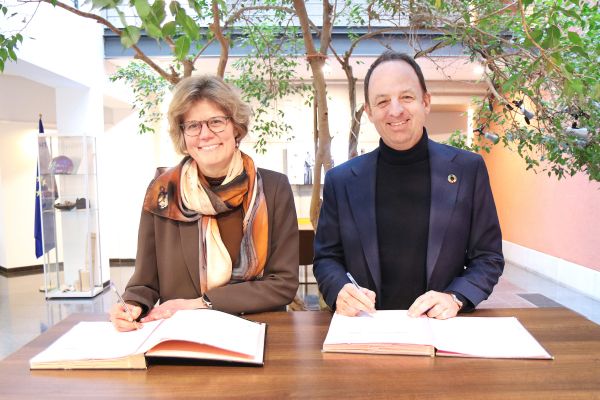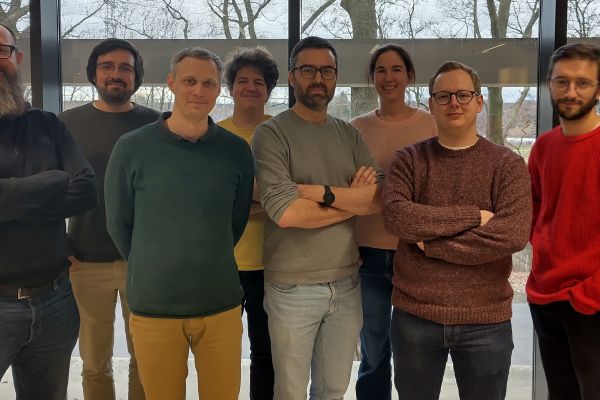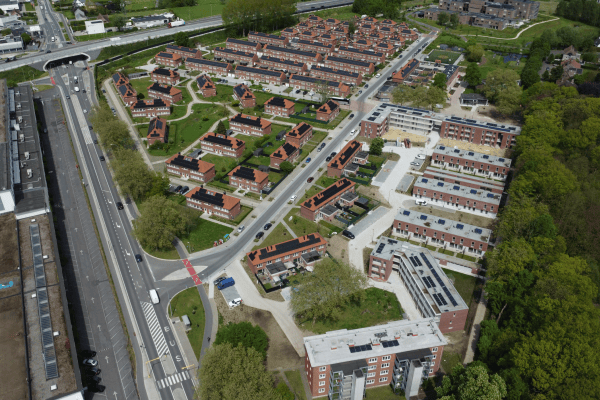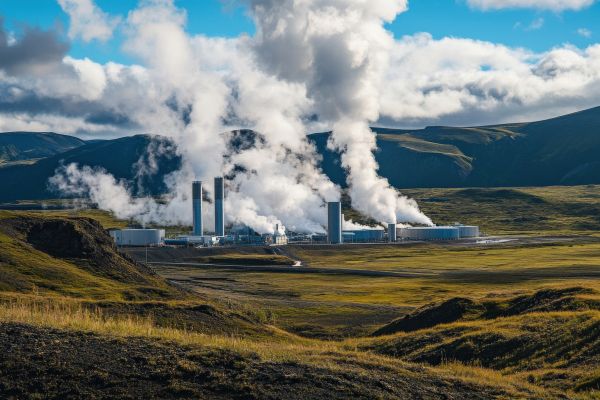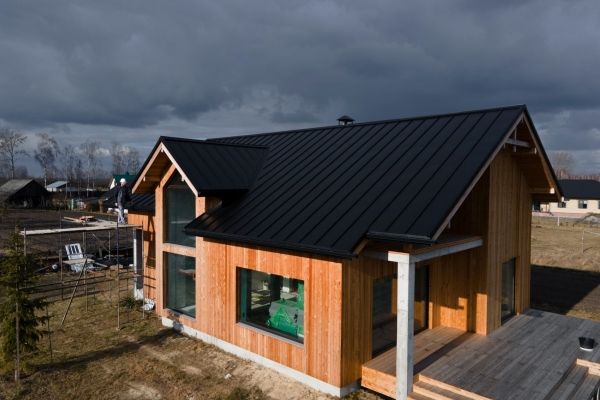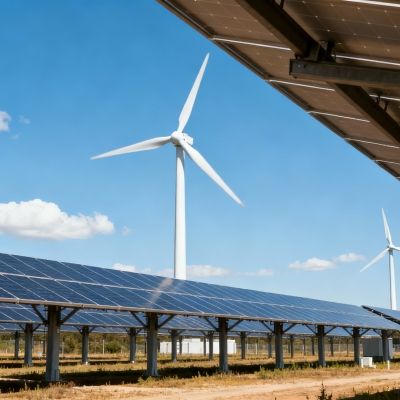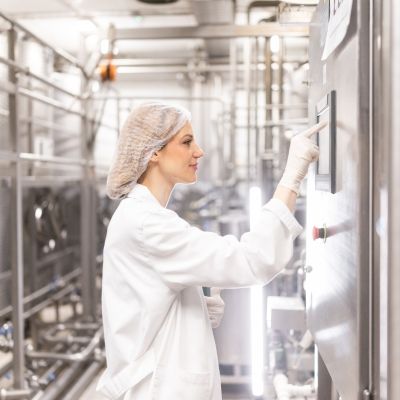
Techno-economic analysis: assess the impact of a new project
When developing new processes or value chains, it is not obvious to predict the economic feasibility or technological performance in advance. VITO helps you with this using a techno-economic analysis, which enables you to make sound decisions.
What is a TEA or techno-economic assessment?
A techno-economic analysis is a kind of integrated evaluation based on supplied technical inputs. If something changes to that input, it will automatically be translated into its economic impact.
Because a TEA contains both a technical and an economic component, we take a multidisciplinary approach to its implementation. Thus, we combine knowledge of both the process and the market.
The result of a techno-economic analysis is a clear, transparent report with an assessment of uncertainties and possible risks. This gives you a clear picture of the economic impact of your new project, process or value chain and allows you to define roadmaps and research objectives, among other things.
Also assess the sustainability aspect of new projects
In addition to the economic side, you can also rely on VITO to assess the sustainable aspect of your new project, even before the intended technologies and products are commercially available on the market.
A techno-sustainability analysis further complements the economic impact analysis with an environmental and social impact analysis. It identifies potential bottlenecks and opportunities to guide research and development. It also helps you make sustainable investment decisions.
A techno-economic or sustainability analysis:
- helps make go/no-go decisions in driving research, development and investment - and this from the very first technology readiness level;
- always proceeds incrementally, with the level of detail increasing at each step;
- leads to detailed, objective and transparent results.
Why work with VITO?
- You get an independent, objective assessment.
- During the project, we always communicate very openly.
- We adopt a multidisciplinary approach with attention to economic, environmental, social, technical and legal aspects.
- We have extensive expertise in valorisation projects and extensive knowledge of value chains.
- We have a broad network of partners who further complement our expertise.
Make the right decisions from day one
Let's explore together the possibilities for your new project, process or value chain. Contact Miet Van Dael today.




